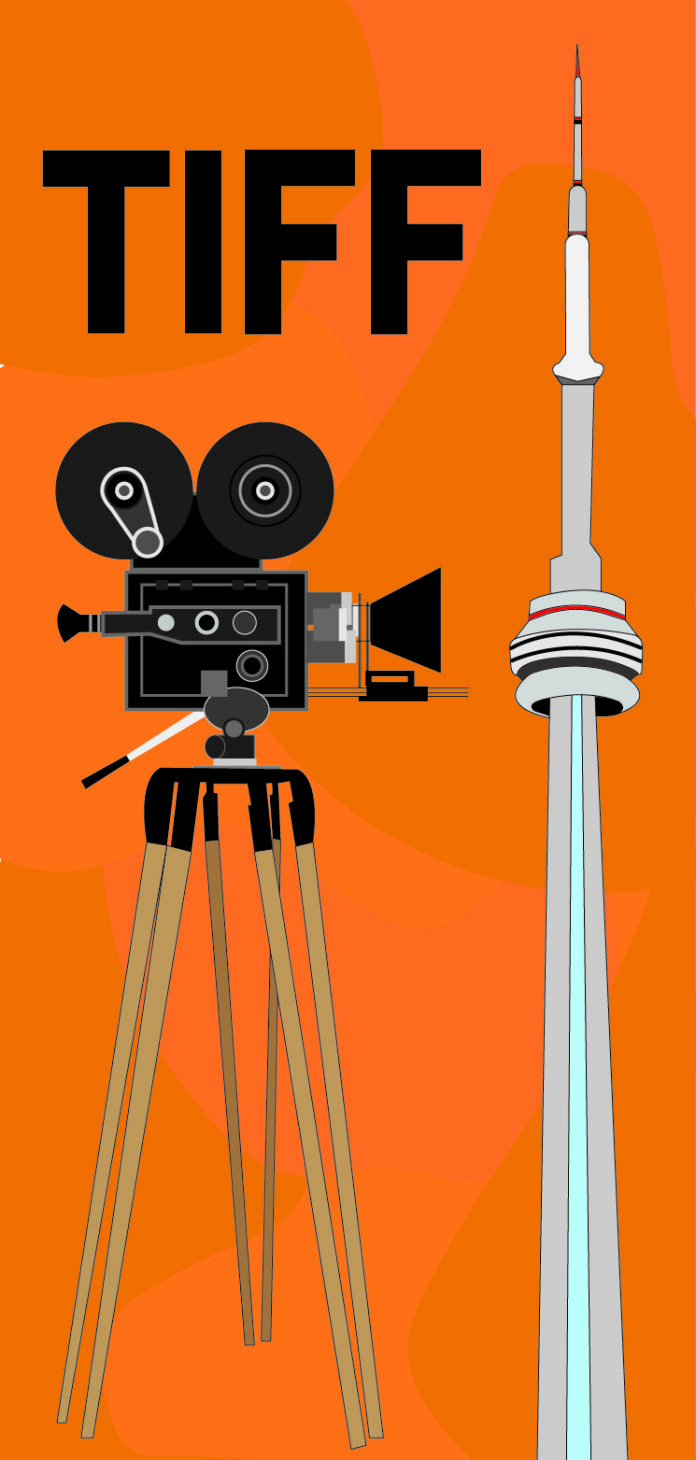On Sept. 7, the Toronto International Film Festival (TIFF) launched Every Story, a fund that aims to promote diversity and inclusivity in the film industry. Every donation made to the Every Story Fund will be matched by TIFF’s partner, NBC Universal, and will be allocated toward more opportunities for Black, Indigenous, people of colour, 2SLGBTQ+ and other equity-seeking creators.
Some of these new opportunities include expanding talent development to create space for more diverse voices, creating year-round mentorships for underrepresented filmmakers and providing free festival tickets through community partners.
The push for diversity in the Festival’s 2021 lineup was also highlighted by the 76 films being created or co-created by cis women, trans women, non-binary and Two-Spirit filmmakers.
However, despite the creation of diversity initiatives like TIFF’s and an increase in female-led flicks in the past few years, the film industry continues to struggle with inclusivity behind the scenes. 91 per cent of Hollywood studio executives are male. According to the BBC, women constituted only eight per cent of the directors working on the top 250 U.S. domestic grossing movies in 2018, which is a decrease from 1998.
Gioia Myers, the advocacy director at UW’s Women’s Centre, noted how this glaring lack of female directors isn’t due to a lack of talent or skill. “You could have women directing films that are on par with or even better than male directors but they may be overlooked because they’re women,” she explained.
Myers added that this omission can be identified while “looking at representation of women behind the camera and also looking at certain tropes that appear in film and TV and how those can perpetuate harmful stereotypes.”
Variety notes that only 17.4 per cent and 13.9 per cent of Hollywood screenwriters are women and people of colour, respectively. Since screenwriting is dominated by white men, the cinematic stories that end up making it to the big screen often don’t come from a racialized or gendered point of view and invalidates audience members belonging to minority groups.
Zoya Randhawa, the literature director at UW’s Women’s Centre, noted that increasing diversity in film begins not only with supporting more diverse filmmakers but also with “encouraging people who might not be in these identities to actually put effort into writing [diverse] characters.”
Randhawa also highlighted the need for audience members to be conscious of who they are supporting. “When you go in to watch a movie, if you notice that there’s a character of colour or a woman and their character might be two-dimensional or riddled with stereotypes, you can start looking at that and into that director’s other work and realize that ‘Wow, this is a consistent problem with them, I don’t think I want to support them anymore.’”
Sam Jones, external director of UW’s Glow Centre, echoes this desire to support creators who are invested in good representation. “I think a big part of the media is by and for,” they said. “You want a trans actor playing a trans character. They’ll bring more to the role in a way that other queer people will connect to.”
Jones also reinforced the need to veer away from damaging tropes on 2SLGBTQ+ characters. From killing off gay characters as part of the harmful “bury your gays” trope to refusing to explicitly mention if a character is queer, representation can stigmatize queer relationships by poorly representing lived experiences. “Through representation, you have the language for how you’re feeling [but] if you don’t see other people like you, you feel so isolated,” Jones said.
Ultimately, Jones said they believe that programs like the Every Story Fund are for the better when it comes to equitable storytelling and media. “It can be very easy to be cynical of the reasoning,” they said. “But it seems like they have good intentions honestly, and if the money’s going to people who need it then it’s ultimately a lot more than performative action.”
The Toronto International Film Festival did not immediately respond to Imprint’s request for comment.
TV Recommendations from the Women’s Centre and Glow Centre:
Brooklyn Nine Nine (watch on Hulu, Netflix, CityTV, or NBC)
Derry Girls (watch on Netflix)
The Haunting of Bly Manor (watch on Netflix)
The Haunting of Hill House (watch on Netflix)
Film Recommendations from the Women’s Centre and Glow Centre:
Deadpool (watch on Hulu Plus)
Plan B (watch on Hulu)
The Farewell (watch on Netflix or Amazon Prime Video)
The Fear Street trilogy (watch on Netflix)
































